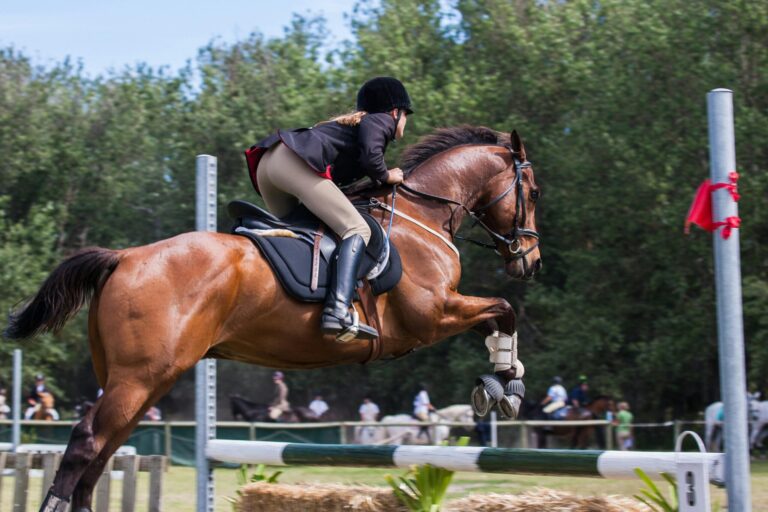Question:
I have put my four year old horse in training in order to “break” him. I got the affirmation that normally after a month the horse would control the basics (walk, trot, gallop, stop, left and right). After three weeks they still couldn’t really do anything with him so I extended the training period with three more weeks. After 6 weeks I decided to pick him up even though the horse was not really “broken”. Now I got it for two weeks at home and he takes on the work actually very easily. I have the idea that they have practically not trained him during the period my horse was at their place. Is there anything I can do to reimburse the training costs because I am dissatisfied with the quality of the training?
Answer of European Equine Lawyers:
First we need to see whether parties have signed a contract. With the abovementioned facts I cannot judge whether there is a training contract.
If there is a contract available it is important to see which ‘aim’ parties have agreed on. For instance, “break a horse”, prepare a horse for a test or train a horse to compete in competitions. With these types of contracts it is important to know that there is an obligation to make a serious effort for the trainer. This is contrary to the obligation to accomplish a certain result. People should understand that when you are working with an animal 100% guarantees to achieve a certain result cannot be given. There is a number of reasons which can prevent a certain goal from being reached. When the horse owner can prove that the horse was not trained properly or not at all the case could be different. The question is how you can prove a horse is not trained (properly).
Assuming there is no training contract the answer is as follows. When there is no written agreement it is very difficult to determine what the parties could be expecting from one another. When it is not clear what parties had agreed on it is very difficult to hold one liable due to ‘bad’ training. Based on the facts given the horse owner will not be able to reclaim the training costs she already paid to the trainingstable/trainer. The only thing that the horse owner could try is to get in contact with the trainer and discuss the matter in order to reach solution that will satisfy both parties.
This example shows once again how important it is to put your agreements in writing. Schelstraete can advise you with all kinds of contracts, such as purchase contracts, stabling – and training contracts. Putting agreements on paper can prevent problems afterwards.
This question is answered by mr. Luc Schelstraete and Ms. Nikki Hamers from Schelstraete Lawyers.
Click here to read the article on the site of Horses International.

